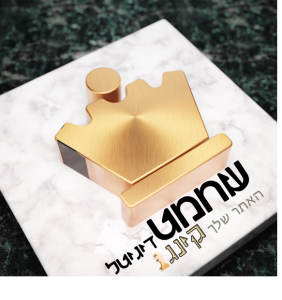Vayigash-No man is an island
No man is an island
Often we do something which is not acceptable to others or is not conventional and say to ourselves that whatever we do reflects only on ourselves. However, that is not the case, as is apparent from this week’s Sedrah [portion of the week].
Judah justifies himself and his brothers after the goblet is found in Benjamin’s sack and when challenged by Joseph says “What can we say to- Adoni- my lord -how can we speak? How can we justify ourselves?”
“ויאמר יהודה מה נאמר לאדוני בכסף ראשון מה נדבר בכסף שני מה נצטדק בגביע
מה נאמר לאדוני במעשה תמר מה נדבר בבלהה ומה נצטדק בדינה
מה נאמר לאבא שבארץ כנען ביוסף ומה נדבר בשמעון ומה נצטדק בבנימין.” (בראשית רבה פרשה צב)
Different Midrashim [interpretations of the Rabbis] explain Judah’s exclamation as referring to different matters.
The first explanation is that Judah asks how can they justify themselves to Joseph regarding the first disappearance of money, the second disappearance of money and the disappearance of the silver goblet.
Another Midrash says that the verse alludes to the deeds concerning Tamar, Bilha and Dinah, thus Ad-oni refers to G-d.
Yet another Midrash maintains that the verse alludes to what happened to Joseph, Simon and Benjamin and here Adoni refers to Jacob, their father.
There is deep-seated message to be learned from these statements. The Rabbis’ different interpretations of this verse are not necessarily in conflict with each other. The message of the Midrash offers us vital insight – where the person has sinned (for example he/she has stolen); first he/she needs to apologize to the victim, but also must stand in judgment before the Almighty for not obeying the laws of the Torah. The third explanation sees Adoni as referring to the father who educated him [Judah(and his brothers)] and whom he has let down by not acting in accordance with his father’s teachings.
We must remember that when a negative act is committed it has reverberations in many different places. There indeed is a subtle but deep message from these three interpretations of the Midrash.

 שחמט דיגיטל
שחמט דיגיטל